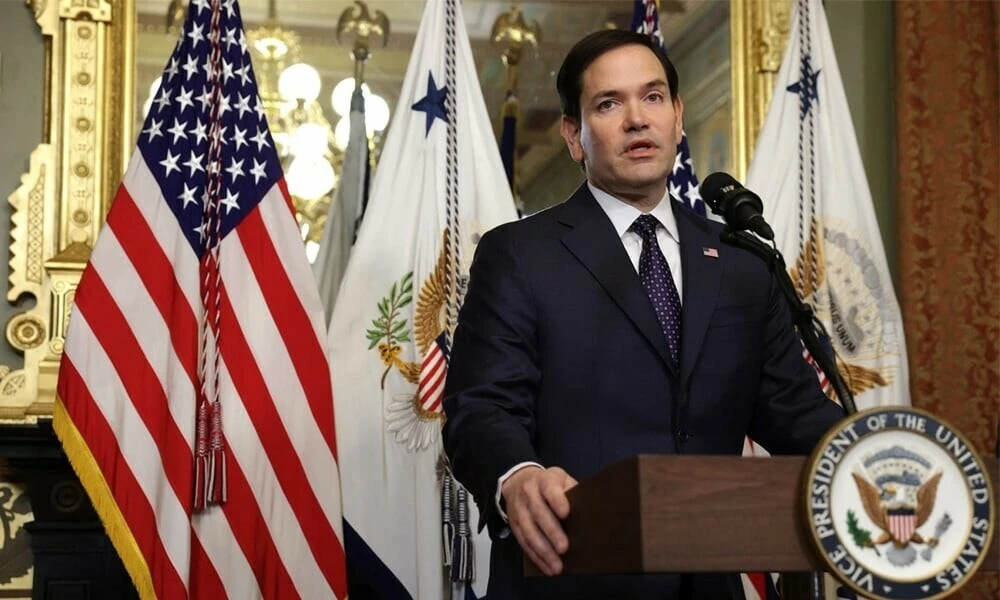US to Mediate India-Pakistan Tensions Within 24 Hours
Amid increasing hostility between India and Pakistan following the April 22 Pahalgam attack, the United States has stepped in diplomatically to de-escalate the situation. Secretary of State Marco Rubio is set to hold separate conversations with the foreign ministers of both countries within the next 24 hours. This urgent outreach is part of a broader U.S. initiative to encourage restraint and avoid further provocation between the nuclear-armed neighbours.
U.S. State Department spokesperson Tammy Bruce confirmed the development during a press briefing, saying: “We are reaching out to both parties and urging them not to escalate the situation.” She added that Secretary Rubio firmly believes diplomacy must take the lead, and has asked other international leaders to engage with both sides on this issue.
Regional Tensions Surge After Deadly Kashmir Attack
The diplomatic push comes in the wake of the Pahalgam attack in Indian-Illegally Occupied Jammu and Kashmir, which killed 26 people, most of them tourists. The incident is considered one of the deadliest in the region in over two decades. While India has suggested potential cross-border involvement, it has yet to provide concrete evidence. Pakistan has strongly denied any involvement and has called for an independent international investigation.
In reaction to the attack, India suspended the Indus Waters Treaty (IWT) on April 23—a decades-old water-sharing agreement brokered by the World Bank. A day later, Pakistan retaliated diplomatically, warning of suspending the 1972 Simla Agreement and potentially closing its airspace to Indian aircraft.
Pakistan Cautions of Imminent Military Action
Adding urgency to the situation, Information Minister Atta Tarar disclosed late Tuesday that Pakistan has credible intelligence indicating a potential Indian military strike within the next 24 to 36 hours. He accused New Delhi of assuming a “self-assigned role of judge, jury, and executioner,” calling it a reckless and destabilising approach to international relations.
Prime Minister Shehbaz Sharif has reaffirmed Pakistan’s demand for an impartial probe, emphasizing the country’s own long history of suffering from terrorism. “Pakistan understands the human cost of such violence,” the government stated, while reiterating its commitment to peace and regional stability.








